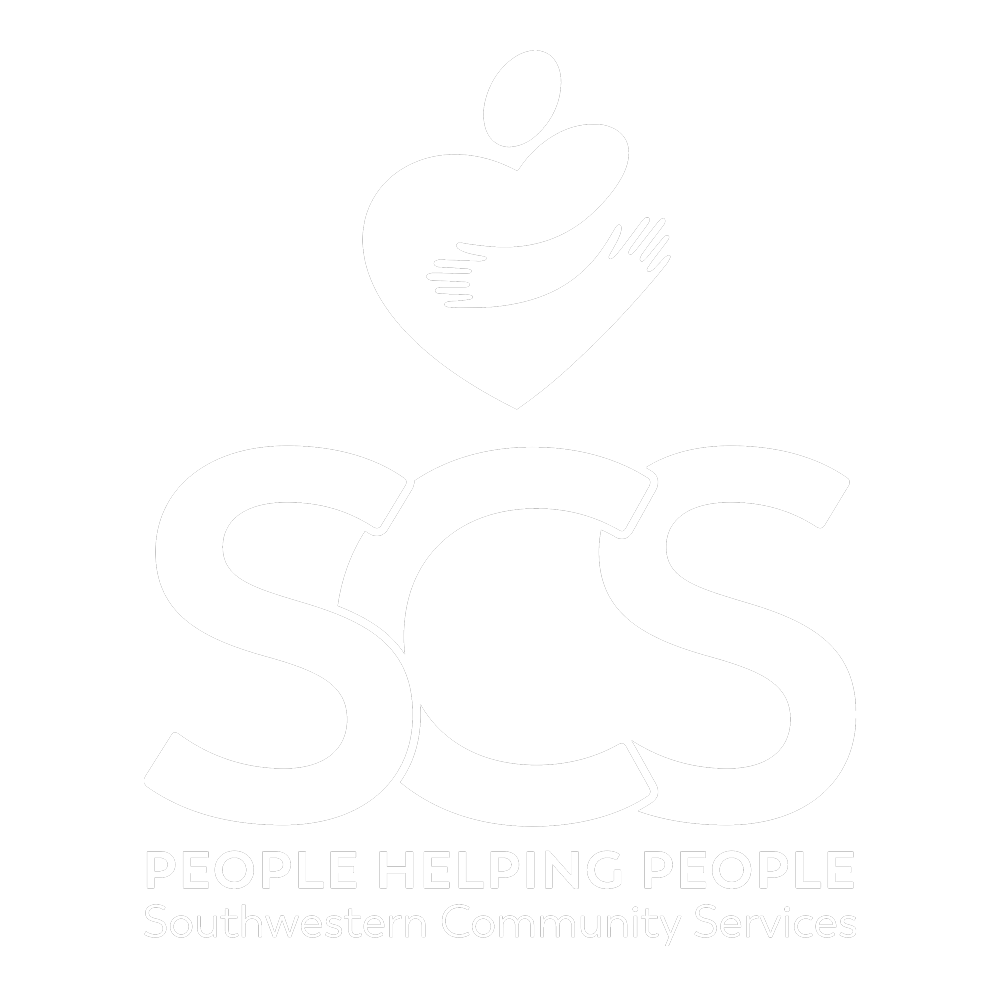The Public Health Advisory Council (PHAC) is a group of community leaders who assess the needs and opportunities in the region that influence the public health priorities outlined in the Community Health Improvement Plan (CHIP). Each priority workgroup is guided by a chairperson who manages the collaboration of multiple organizations, community groups, and individuals that contribute to the work associated with that priority. The PHAC Chair in conjunction with the PHAC Lead, oversees the workgroups.
Click the icon below to jump to each section.
Explore our Community Health Improvement Plan and Annual Reports to learn more about the PHAC’s impact on our community.
Public Health Emergency Preparedness (PHEP) focuses on the capacity a community has to address health emergencies of several types. The emergency Preparedness work partners with health care providers, first responders, volunteers, and other community members and organizations to prevent and respond to emergencies and build a network of individuals and organizations who act as a community’s support system during public health emergencies.
Some Emergencies that the Emergency Preparedness team focuses on can include things like the following:
To learn more about how you can get involved in emergency preparedness work, email the Greater Sullivan County Public Health Network at gscphn@hitchcock.org.
University Of New Hampshire Cooperative Extension- We provide research-based information, training, and technical assistance to help New Hampshire succeed and thrive by supporting healthy choices and creating healthy communities. Extension Specialists and Educators work in partnership with communities to provide programs and resources based on research-based best practices. We support people with all aspects of their health including their social, emotional, mental, and physical well-being.
New Hampshire faces some challenges as it ranks as the second highest median age in the nation (after Maine), with approximately 20% of the population over the age of 60. NH (New Hampshire) is experiencing a rapid increase in the number of older adults (expected to double over the next 20 years).
More than 1 in 4 adults (28.8%) in NH suffer from depression, and 1 in 5 adults experience mental illness in their life. Relatedly, a third of adults over the age of 45 feel lonely, and 25% of adults aged 65 and over report being socially isolated. Social isolation is associated with increased risk for dementia, heart disease, and stroke. Loneliness is associated with higher rates of depression, anxiety, suicide, and increased risk of death, hospitalization, and ED visits.
Focusing on building aging friendly communities and helping individuals achieve optimal health and well-being are priorities.


Southwestern Community Services (SCS) has been serving the needs of our citizens since 1965 when President Lyndon Johnson waged his “war on Poverty”. Over the years our programs have evolved and expanded to keep pace with the constantly changing needs of our citizens. We strive to stay in touch with the real needs of the people who find or develop programs that will best serve those needs. We have a diverse funding base ranging from federal to state and local governments, as well as private foundations and corporations. SCS is a major provider of social services to the residents of Cheshire and Sullivan counties in New Hampshire. SCS provides assistance through emergency shelter programs, workforce and senior rental housing, education and childcare, nutrition and health, energy conservation, utility programs, day and employment services for developmentally disabled individuals, public transit services, mobility management services, and community food programs
Sullivan County Transportation Program is a shared ride service and is open to everyone. To access the service, meet the bus at any of the scheduled stops listed on the Public Transit Schedule. Route deviation demand response transportation is also available in Claremont and Charlestown. The Volunteer Driver program is also housed with the SCT Program.
SCS/SCT strive to provide excellent customer service while maintain clean, comfortable buses that are maintained to the highest standards. Safety is our number one priority.
Please contact Terry Curtis (603-542-9609 or tcurtis@scshelps.org) if you want to set up a ride or a volunteer driver ride or opportunity to provide rides.

The access to care priority area focuses on availability and accessibility of healthcare services. Objectives include assessing the availability and emphasizing the importance of preventative care, dental care and mental health services. Healthcare accessibility includes identifying barriers that may limit access to care including health insurance, transportation, availability of clinics, pharmacies, and healthcare providers.
For more information, questions or feedback please reach out to:
Turning Points Network (TPN), a private, nonprofit agency and member program of the New Hampshire Coalition Against Domestic and Sexual Violence, provides 24-hour crisis intervention and advocacy services to victims of sexual assault, domestic violence, dating violence, sex trafficking, and stalking. Direct services include a 24-hour crisis and support line, shelter, transitional housing support, case management, court advocacy, safety planning, transportation, peer counseling, support groups, personal advocacy, economic independence training, information and referral, and emergency childcare. TPN works with upwards of 1,000 individuals and their families in Sullivan County, NH, each year. All services are free of charge.
TPN also offers school and community-based prevention education and outreach. Pre-K through college programming is taught throughout Sullivan County to both public and private students during the academic year. In addition, community-based work teaches adults to be effective bystanders in preventing violence from occurring and making our community safer. This program is presented to the general public, groups, and businesses.
TPN Contact Information
Crisis and support line: 1-800-639-3130 (24/7)
Claremont Office: 603-543-0155 (9 – 4:30 M-F)
Newport Office: 603-863-4053 (M/W call first)
Text: 603-506-6553 (9 – 4:00 M-F)
Email: info@turningpointsnetwork.org
